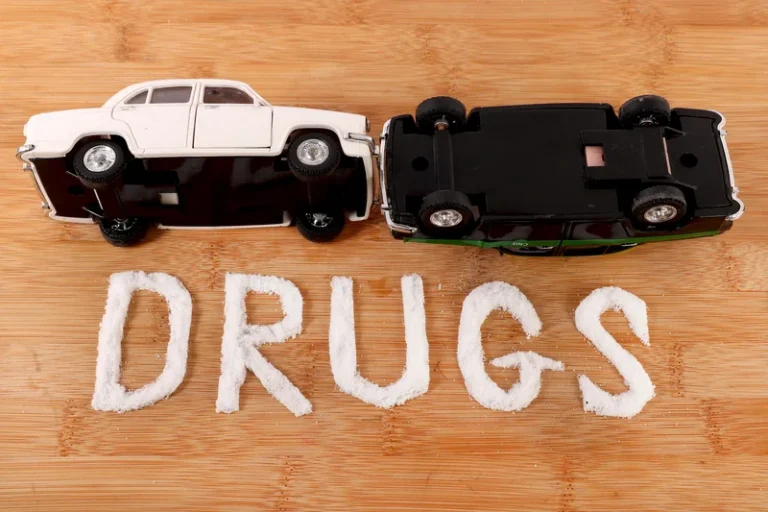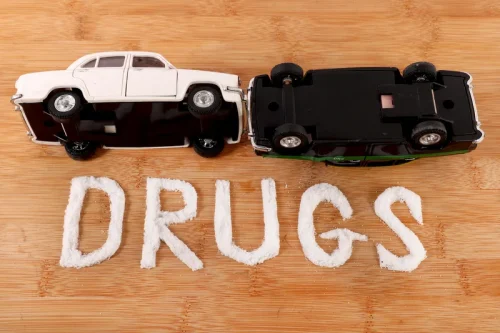
Those with a wider circle of support have a better chance of staying sober. There are many support options available that can help guide you through alcohol withdrawal, as https://ecosoberhouse.com/article/6-successfull-and-motivational-sobriety-stories/ well as abstaining from alcohol after withdrawal. Each center is ready to help people learn how to cope with their Ambien addiction and uncover the root causes for their substance use disorder. Detoxing from alcohol is one of themost dangerous types of detoxesthat your body can undergo.
- Alcohol withdrawal begins when someone who is physically dependent on alcohol stops drinking it abruptly or significantly reduces their consumption.
- However, depending on the amount of alcohol typically consumed and the duration of alcohol use, the timeline of symptoms may vary.
- “I still feel really anxious and panicky and confused sometimes, especially in public.”
- Since many users consumed locally brewed alcohol which can have varied strength of alcohol content, changes in alcohol consumption are recorded in terms of percentage change from pretreatment use.
- In other words, effects that occur during alcohol detox are typically the opposite of effects caused by alcohol use.
- Further studies that compare long-term alcohol-related outcome of baclofen with established drugs such as naltrexone and disulfiram are needed.
Financial support and sponsorship

As such, the term “detoxification” may be somewhat of a misnomer since the process need not refer exclusively to the removal of toxic substances from the body. Detoxification may or may not be indicated depending upon an individual’s age, medical status, and history of alcohol intake. For example, a young man who binge drinks and seeks treatment one week after his last use of alcohol may not require detoxification before beginning treatment for alcohol use disorder.

Day 49

Individuals should be prepared to be uncomfortable during this period and have medical help available if needed. This is the period in which delirium tremens is most likely to occur, which requires immediate medical attention. If you or someone you know shows signs of delirium tremens, go to the emergency room immediately. This process temporarily restores homeostasis, or chemical balance, in an effort to counteract the impact of long-term alcohol use on the brain. Over time, your central nervous system adjusts to having alcohol around all the time.
- To assess a person’s withdrawal symptoms and recommend treatments, doctors often use a scale called the Clinical Institute for Withdrawal Assessment for Alcohol.
- Alcohol withdrawal syndrome is a set of symptoms that occur when someone who is physically dependent upon alcohol suddenly stops drinking or drastically reduces their alcohol intake.
- The cravings and the urge to drink do not suddenly disappear after 30 days of abstinence.
- If your symptoms are more severe, you may need to stay in the hospital.
- People who are dependent on alcohol will experience withdrawal symptoms during detox, which can make the process an uncomfortable and even dangerous experience.
Medical Alcohol Detox
- That said, you don’t need to say anything more than “No, thanks.” Practicing your refusal ahead of time can help you feel more comfortable and confident when you find yourself in a situation that involves alcohol.
- A rare but very serious syndrome called delirium tremens can occur during alcohol withdrawal.
- The goal is to safely and gradually decrease your dependence on alcohol so that you can resume your daily life.
- People can experience a wide range of symptoms—ranging from mild to moderate to severe—that start and stop at different times for each person.
- Withdrawal is a process that begins within a few hours after last use and creates acute symptoms that can last for 4-5 days.
At The Recovery Village, we monitor patients 24/7 to ensure their discomfort during withdrawal is managed, their vitals are at healthy levels and they are Alcohol Detox not experiencing any life-threatening symptoms. American Addiction Centers (AAC) is a leading provider of medical detox for AUD and other substance use disorders. We also offer treatment centers across the country to support you on your ongoing post-detox recovery journey. AAC also operates a 24/7 detox hotline that’s free and confidential available by call at or by signing up for text message support below. Alcohol use disorder is a pattern of alcohol use that involves problems controlling your drinking, being preoccupied with alcohol or continuing to use alcohol even when it causes problems.

“I’m very irritated at times. I feel really good about my choice to quit drinking. I have headaches often and I have weird and bad dreams. Every night I dream that I’m having a drink again.” “I’m feeling so much better about my life and my actions. I love life without alcohol. Every day that passes, I realize the cravings are fewer and farther between. I’m not so tired all the time.” By day eight of abstinence from alcohol, many begin to see the health advantages of quitting. “Now that most of the physical symptoms have gone away, time to work at staying sober. This is usually where I mess up and drink because I am feeling better and think I can handle it. I know I can’t.” Almost 8,000 responses were gathered to the question, “What were your toughest withdrawal symptoms and how did you cope?” The comments reveal a wide variety of symptoms and experiences, even within the same days, from days one to 30 and beyond. After this first week is over, you may experience some residual withdrawal symptoms, specifically those affecting mood, for up to a few weeks.
- For many, it’s very difficult to get past the third day of unrelenting shakes and sweats without picking up a drink.
- AWS is more common in adults, but children and teenagers who drink excessively may also experience the symptoms.
- Your primary care provider can advise you on where to seek care for the physical and mental symptoms of alcohol withdrawal.
- “I’ve had aches in every joint, and even now, the periodic taste of alcohol in my mouth. It’s the taste of detox, I’m guessing. Already, I’m sleeping better, feeling better, though I’m a little spacey, and my skin already looks healthier.”
- “Recovery can be a lifelong process, but having support is an important factor that can keep you on the right track,” Dr. Wilsnack says.
Can You Die from Alcohol Withdrawal?
“Feeling better. Best night’s sleep in some time. Weird dreams but not too nasty and scary. Feel a little weak, but I did avoid food for about four days. Very reflective still.” “I got through day one with hot and cold spells, increased pulse, high blood pressure, and headaches. My jaws hurt as well, but possibly that’s from tension. Already, I feel better and hope every day continues that way.” The most notable way alcohol affects these neurotransmitters is by increasing the production of dopamine and serotonin, resulting in the familiar “feel-good” or “happy” feeling, which, over time, can lead to addictive behaviors.
